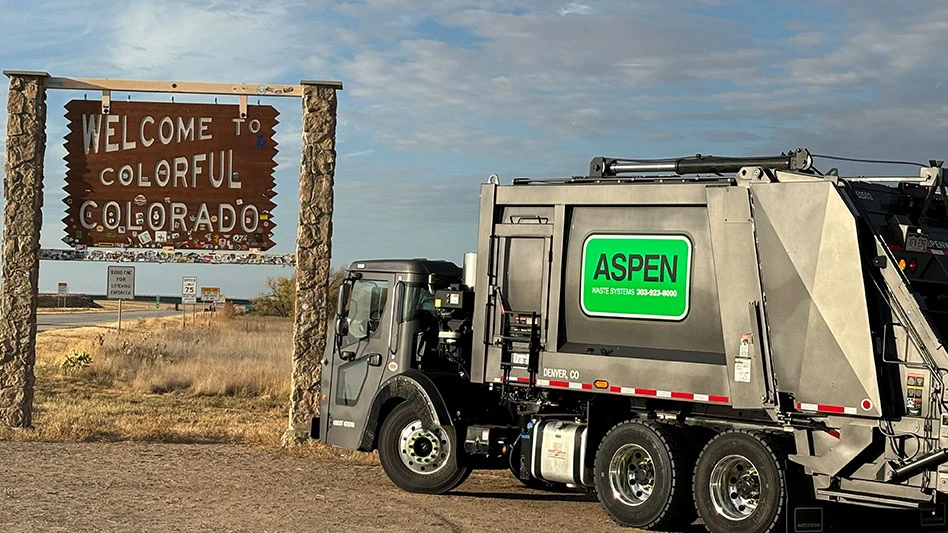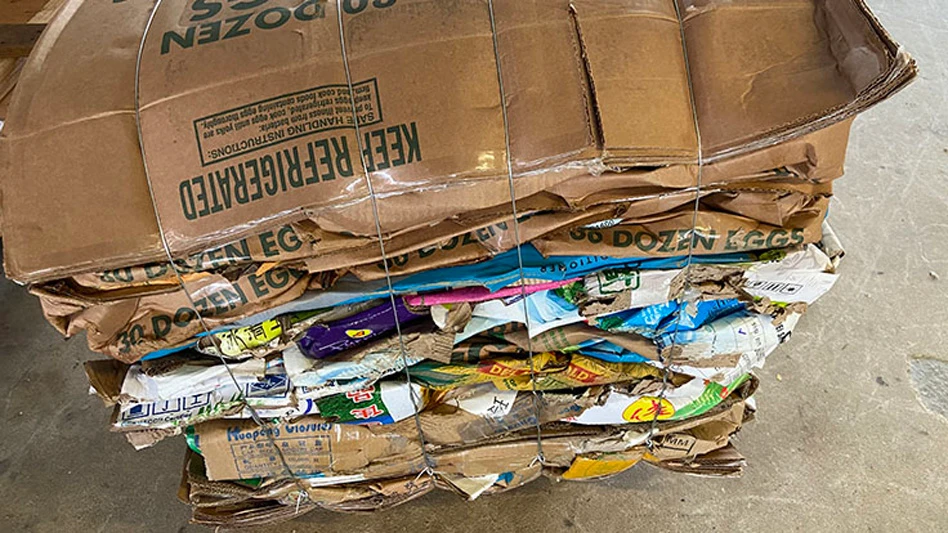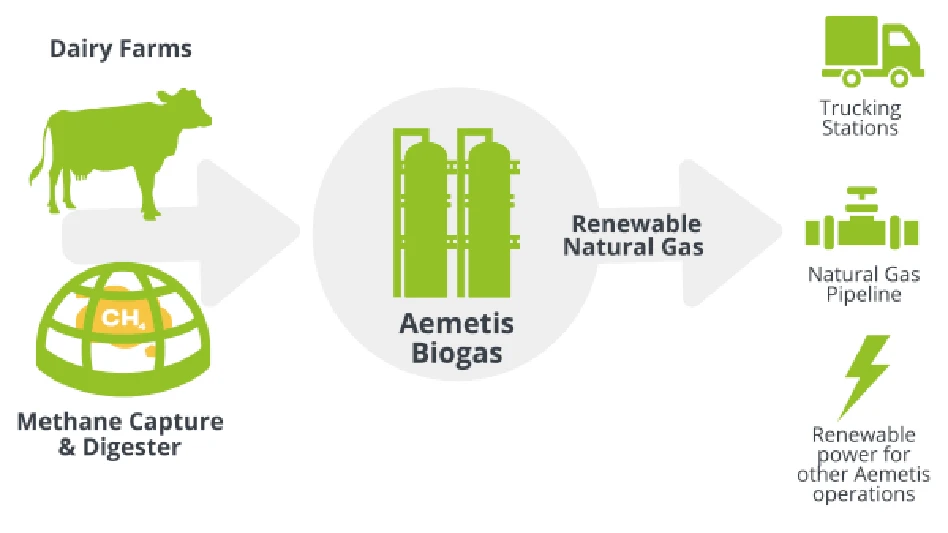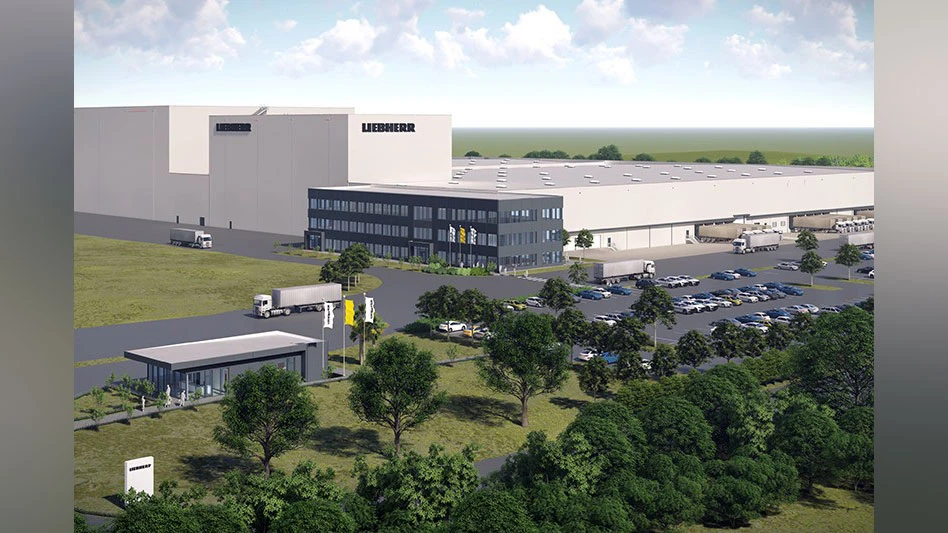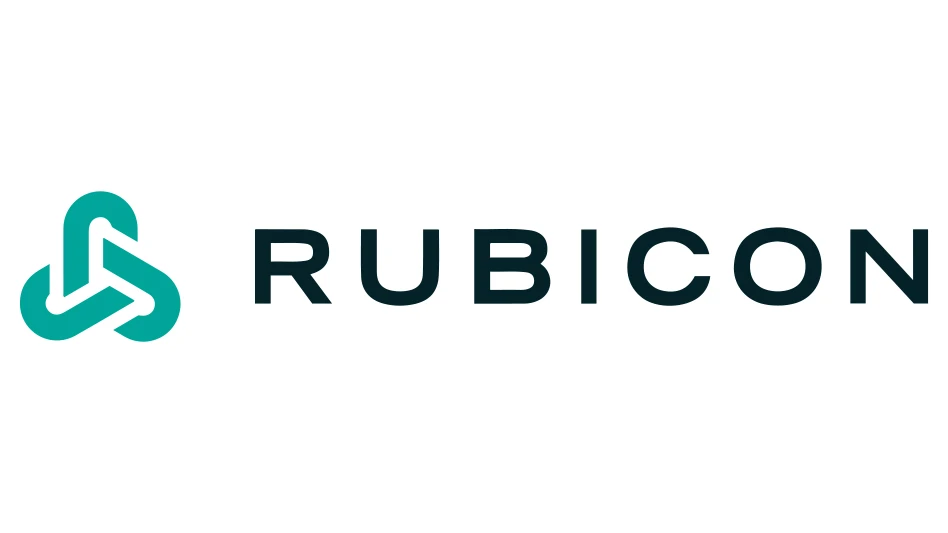
Today’s waste and recycling industry demands innovative, safer, and more efficient solutions. With more people staying home and increased urbanization, waste production has risen significantly—up to 30% since 2019.
Operating with tight budgets, municipalities and haulers seek innovative solutions to offset rising labor, vehicle, fuel, and maintenance costs while striving to deliver exceptional services. Residents and municipal administrators increasingly want to engage digitally with their waste haulers, seeking convenience and transparency. Meanwhile, waste collectors want to leverage comprehensive digital platforms to enhance operational efficiency, improve working conditions, and boost safety standards.
In response, advanced technology is proving its value, helping municipalities address these unique challenges and goals with flexible, integrated products that improve their bottom line with seamless, end-to-end solutions.
One such example is the Vision® platform. In collaboration with its hauler and municipal customers, Rehrig Pacific developed this cutting-edge real-time asset tracking system specifically for the waste and recycling industry. It offers unparalleled operational visibility, engineered to reduce costs and increase capital across all levels of operations.
Vision® is a comprehensive suite of software applications and services, including Work Order + Inventory, Service Verification, and Visual Verification.
Work Order + Inventory enables real-time confirmation of container movements and locations. This solution provides visibility into container stock, availability, and inventory transparency—some customers saw a 20-25% reduction in capital expenditure on container assets in the first year. It improves customer service and communication, streamlining operations with real-time insights into inventory and future demands.
Service Verification uses an RFID reader to scan smart-enabled containers and capture vital information from collection routes, like time of service and container set-out location. This data helps dispatch make immediate decisions regarding workflow, manage ongoing logistics, minimize loss, optimize efficiency, and improve resident communication and satisfaction. Service Verification also reduces needless email and call traffic with easy-to-implement automatic reports.
Visual Verification is a two-camera system that captures anomalies on collection routes, allowing drivers to note exceptions like a cart not being out, overflow, or obvious contamination. This enhances the customer experience by providing photographic proof of why a service may not have been completed. Combined with Service Verification, the data offers haulers and municipalities numerous ways to provide better education, improve collection services, and reduce damages. This system also helps manage work orders for bulk collection, reducing trucks on the road by 40% when combined with a traditional resident call-in system.
Rehrig Pacific’s Vision® technology has proven its effectiveness. For example, a partner waste and recycling municipality experienced a 25% improvement in route efficiency, $1.8 million in annual savings, and a projected $8.8 million in net savings over five years after Rehrig Pacific assembled and distributed RFID-enabled carts and implemented Service Verification software. This is just one example of many successes.

Reducing capital expenditures, minimizing loss, and optimizing efficiency translates to substantial cost savings, allowing businesses to invest in other critical areas. To learn more about how Vision® technology can transform your waste collection services, visit www.RehrigPacific.com.
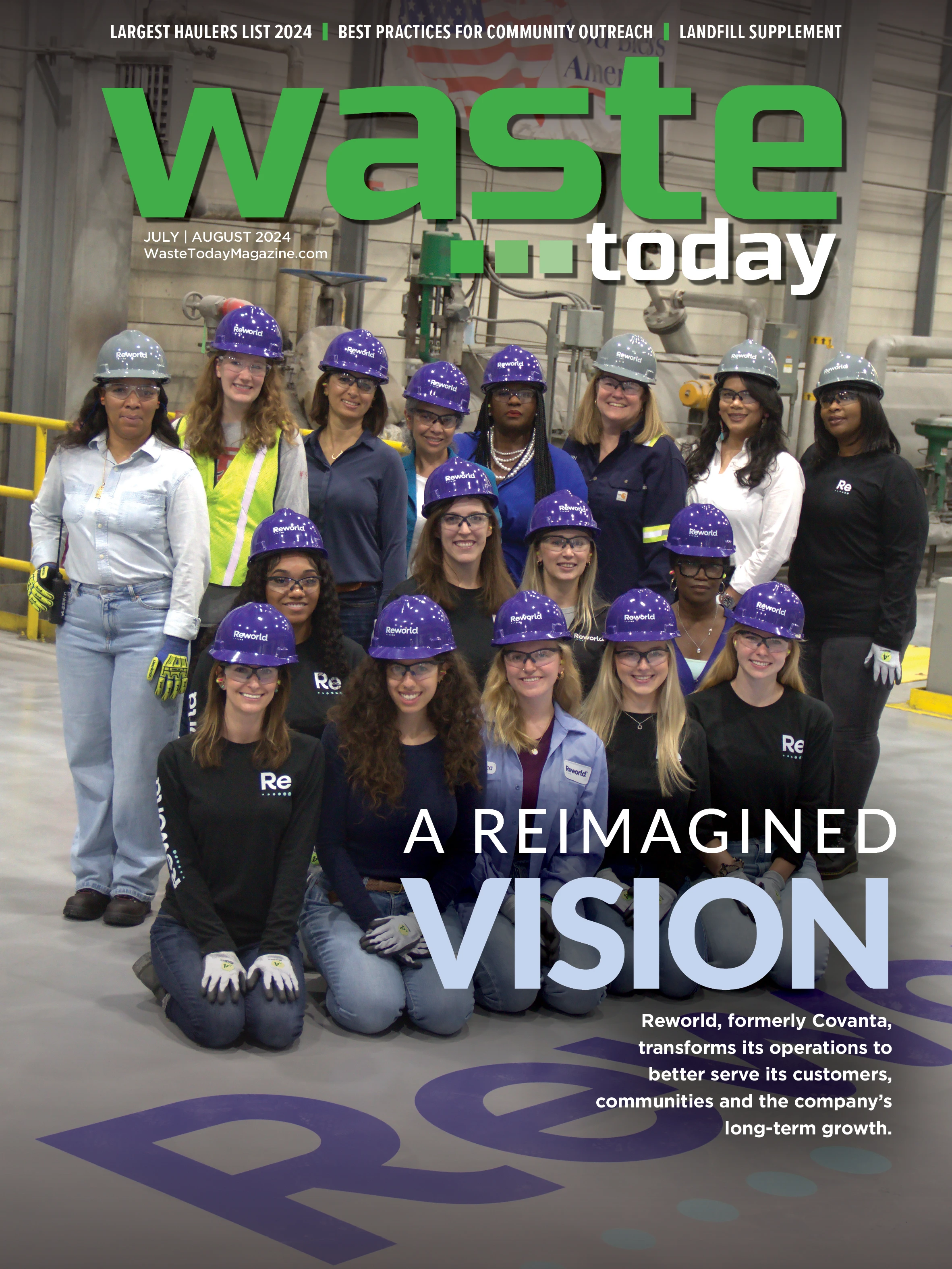
Explore the July/August 2024 Issue
Check out more from this issue and find your next story to read.
Latest from Waste Today
- Capital Waste acquires Tennessee Waste Haulers
- Van Dyk partners with Reckelberg Environmental Technologies
- CRI submits comments to CalRecycle on CRV handling payments
- Reworld acquires EnviroVac Waste Transport
- Waga Energy partners on RNG project at France landfill
- Hawaiian county selects landfill site
- CAA submits final draft program plan in Oregon
- Washington city adds organics collection to waste service
